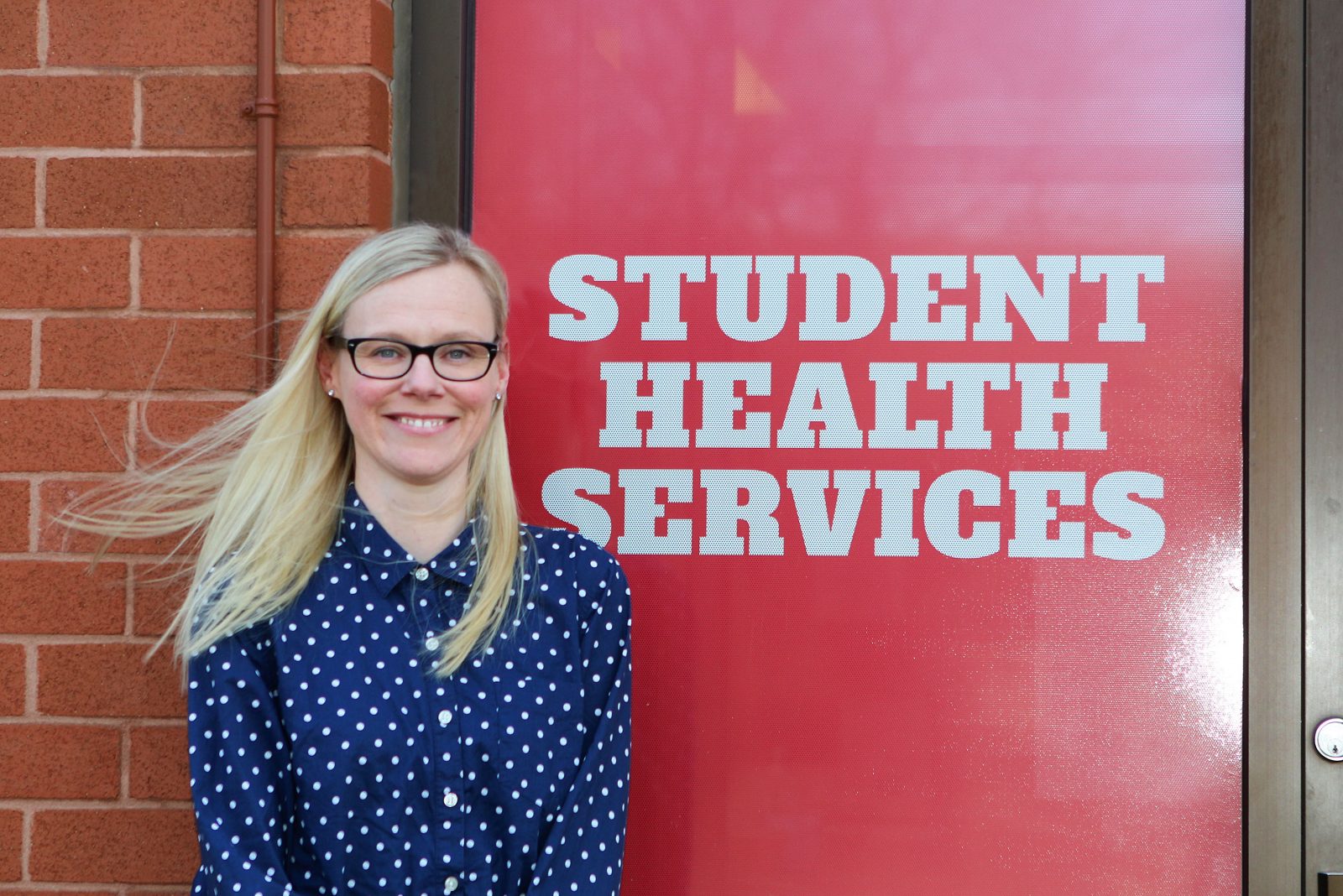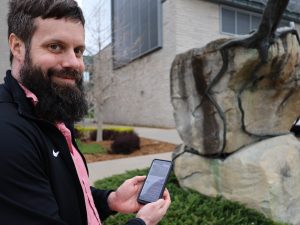Brock University is offering help that comes free of charge and without judgment for students coping with addiction issues.
As Brock’s on-site addictions counsellor, Stacey Stemplowski, offers appointments two days a week to help students explore coping strategies and set goals to manage their addictions.
As part of the supports available through the Student Wellness and Accessibility Centre, and run through a partnership with Community Addictions Services of Niagara, Stemplowski counsels students on a wide range of addictions such as gambling, gaming, other behavioural issues and substance abuse. To do this, she employs an approach to addictions counselling that focuses on harm reduction.
“We explore coping strategies and motivation for use,” she said of the time she spends with students. “They are the ones who set the goals, and we support them through the process.”
As she begins her counselling sessions, Stemplowski often reassures students that she is there to offer help rather than discipline.
“I will not be like a parent,” she said. “This is a conversation not a lecture. I think the idea of harm reduction is new to students, as they are more familiar with abstinence-based treatment.”
The support Stemplowski provides often goes beyond addictions and aims to assist students who may be dealing with mental health concerns as well.
“A number of years ago, social services approached mental health and addictions as two separate entities,” she said. “Now they are concurrent. I actively partner with our mental health nurse, Deborah MacCulloch, to share strategies, and I use dialectical behaviour therapy training with all of my clients.”
This form of therapy is designed to help people suffering from personality disorders. It has also been used to treat mood disorders as well as those who need to change patterns of behaviour that are not helpful, such as self-harm, suicidal ideation and substance abuse.
Sarah Pennisi, Director of Brock’s Student Wellness and Accessibility Centre, says the University responded to student feedback to ensure available supports are addressing the needs on campus.
“Students have told us that we need to make it easy for them to access services when and if they need them,” she said. “That’s why on-campus mental health and addiction services are so important.”
For students who are not presently dealing with an addiction, Stemplowski offered advice on how to maintain a healthy lifestyle.
“Maintain an overall balance of school work, family, friends, diet and nutrition to help reduce addiction-related issues,” she said. “But of course, that is never a guarantee.”
For those who are dealing with an addiction but are unsure about booking an appointment, Stemplowski had some words of encouragement and reassurance.
“Let’s meet once,” she said. “We can discuss the overall picture of what student life looks like to you right now. I can provide some information, even if it’s not ongoing counselling, and I can increase your overall knowledge around the area of addiction in a completely non-judgmental environment.”
Stemplowski is available to meet with students on Tuesdays and Wednesdays from 10 a.m. to 5 p.m. and can be reached at 905-684-1183 x234 or sstemplowski@cason.ca










